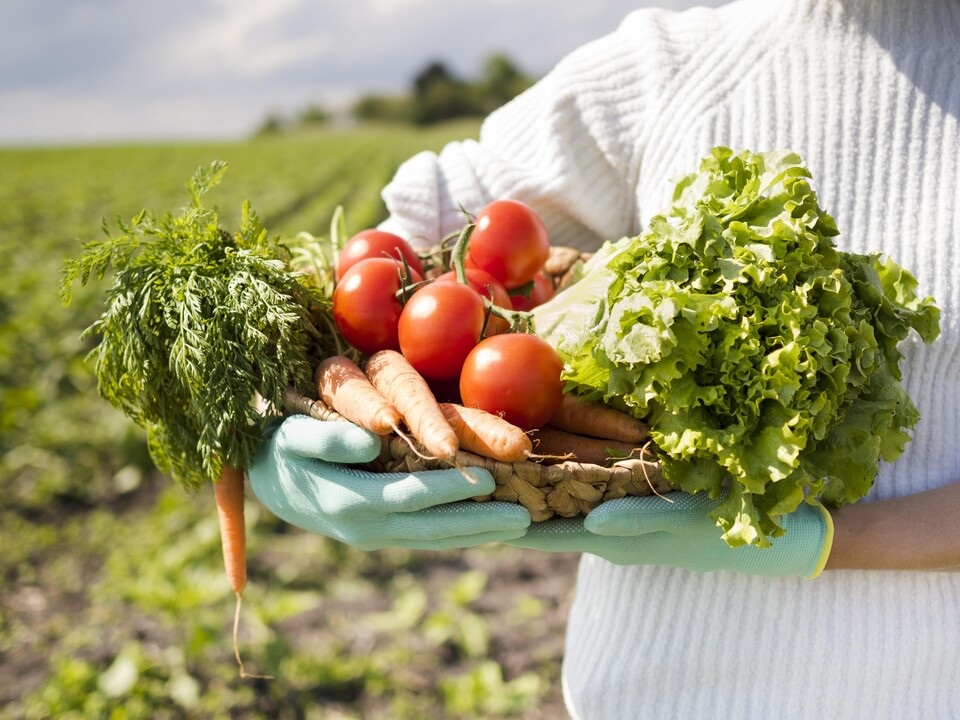Introduction:
In recent years, the demand for organic foods has surged as people become increasingly conscious of their health and the environmental impact of their dietary choices. Organic foods, cultivated and produced without synthetic pesticides, fertilizers, or genetically modified organisms (GMOs), offer a plethora of benefits to both consumers and the planet. Let’s delve into the world of organic foods to understand why they are gaining popularity and why they are more than just a passing trend.
What are Organic Foods?
Organic foods are those grown and processed using methods that do not involve synthetic chemicals. This includes organic farming practices that prioritize soil health, biodiversity, and ecological balance. Organic farmers rely on natural fertilizers, crop rotation, and biological pest control to maintain the health of their crops and the surrounding environment.
Health Benefits of Organic Foods:
One of the primary reasons consumers opt for organic foods is their perceived health benefits. Studies have suggested that organic produce may contain higher levels of certain nutrients and antioxidants compared to conventionally grown counterparts. Additionally, since organic farming eschews synthetic pesticides and herbicides, organic foods are less likely to contain residues of these chemicals, potentially reducing the risk of pesticide exposure in consumers.
Environmental Sustainability:
Organic farming practices prioritize sustainability by minimizing the use of synthetic inputs that can harm the environment. By avoiding synthetic pesticides and fertilizers, organic farmers help protect soil health, promote biodiversity, and safeguard water quality. Furthermore, organic agriculture tends to have lower carbon emissions and energy usage compared to conventional farming methods, contributing to mitigating climate change.
Supporting Local Communities:
Choosing organic foods often means supporting local farmers and producers who adhere to sustainable farming practices. By purchasing organic products from local sources, consumers can reduce their carbon footprint associated with transportation while contributing to the economic viability of local agricultural communities.
Certification and Standards:
To ensure the integrity of organic products, many countries have established certification programs and standards that organic farmers and producers must adhere to. These standards typically regulate various aspects of organic production, including soil fertility, pest and weed management, and the use of additives in processing. Certification allows consumers to make informed choices and trust that the products they purchase meet specific organic criteria.
Debunking Myths and Misconceptions:
Despite the growing popularity of organic foods, there are still myths and misconceptions surrounding their benefits and accessibility. One common misconception is that organic foods are prohibitively expensive. While organic products may be priced slightly higher than their conventional counterparts, the price difference is often justified by the additional costs associated with organic farming practices and certification.
Conclusion:
The rise of organic foods reflects a broader shift towards more conscious consumption patterns driven by concerns for personal health and environmental sustainability. By choosing organic products, consumers can support farming practices that prioritize ecological balance, promote soil health, and reduce the use of synthetic chemicals. Moreover, organic foods offer a myriad of health benefits and contribute to the well-being of local communities. As we continue to navigate the complexities of modern food systems, embracing organic foods can serve as a step towards a healthier and more sustainable future for all.

